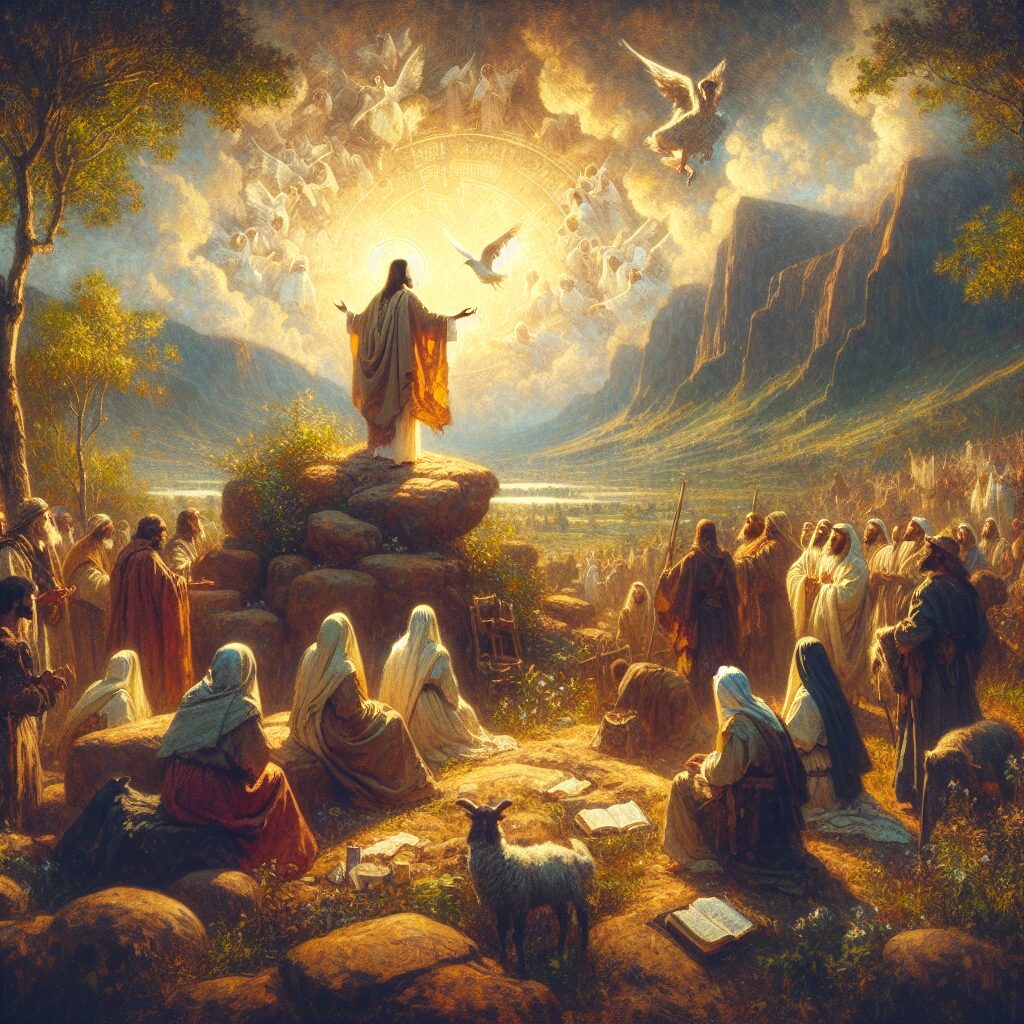
Bible Verse
“How much less man, that is a worm? and the son of man, which is a worm?” – Job 25:6
Reflection
In the Book of Job, we encounter profound questions about the human condition, the nature of God, and our place in the universe. Job 25:6 captures a moment in a dialogue between Bildad the Shuhite and Job, where Bildad contemplates human insignificance compared to God’s majesty. On the surface, this verse seems to highlight human frailty and even the notion of our own smallness in the grand design of creation. However, let’s interpret this through the lens of God’s immense love and grace which transforms this humbling perspective into one of hope and divine significance.
The imagery of a “worm” might seem stark or belittling at first glance, but within the broader narrative of scripture, we are assured that God sees us with compassionate eyes and boundless love. While it illuminates the vast chasm between divine perfection and human imperfection, it also paves the way for grace. God, in His infinite wisdom, does not call us to be discouraged by our imperfections but invites us into a relationship that transcends our limitations.
Remember that throughout Biblical history, God chose the seemingly small and insignificant to execute His grand plans — from David, the shepherd boy who became king, to Mary, a humble young woman chosen to bear the Savior. The acknowledgment of human frailty is not meant to diminish us, but to prepare us for God’s work, emphasizing that our worth in His eyes is not pegged to our strengths or failures but rather to our willingness to follow Him.
This verse invites us to consider the depth of God’s love through Jesus Christ, who was willing to take on human form, embracing humility to lift us into righteousness. Through Christ’s sacrifice, our perceived insignificance is shattered, and we are invited into a dignified and noble purpose. So, while Bildad’s statement reflects a truth about human frailty, let us remember that God actively seeks relationships with us despite this. He infuses our lives with purpose and meaning, choosing us to be carriers of His love and light in the world.
Closing Thought
As we acknowledge our limitations, let us not be disheartened but rather uplifted, knowing that God’s grace extends beyond our weaknesses. May this recognition of our human condition draw us closer to the divine assurance that we are cherished, significant, and called to live purposefully by a loving God who chooses to work through each of us.